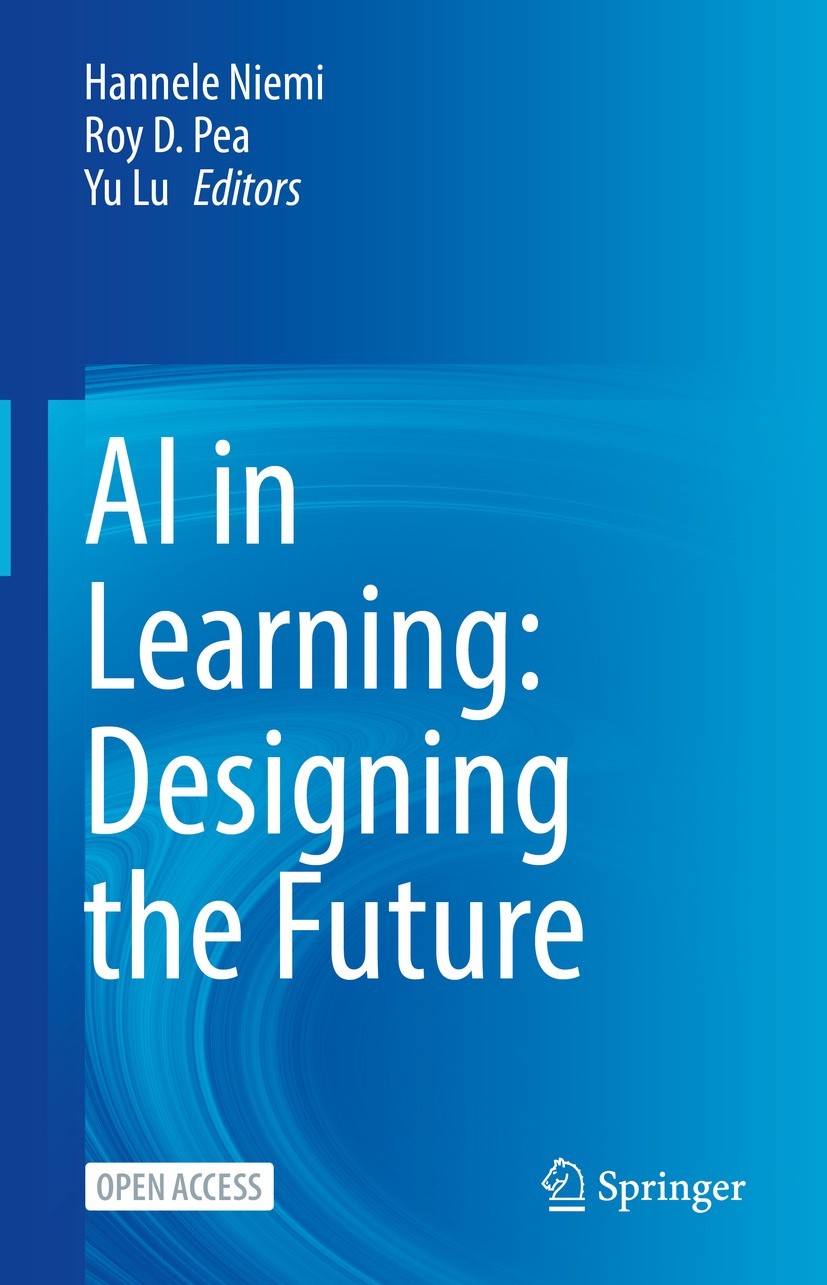In AI in Learning project (2020-2022, funded by Business Finland), our aim was to develop pedagogical models for artificial intelligence-supported gaming and simulation-based learning. In the project, simulations and games were seen key forms in the development of working life skills.
One of our research article was published in the book of “AI in Learning: Designing the Future”. In the study, we cooperated with NAPCON and explored learners’ emotional experiences and self-regulation and how they overcome stressful situations in a simulation-based learning environment (SBLE). We also were interested in what kinds of situations an AI tutor could be used to facilitate simulation-based learning. Our theoretical background is based on the notions of self-regulated learning, positive and negative emotions and simulation-based learning.
The research questions of the study were as follows:
1) What kinds of emotions do learners experience in simulation-based learning situations?
2) Through what kinds of SRL operations do learners aim to overcome challenging situations during simulation-based learning? and
3) In what kinds of situations could an AI tutor be used to facilitate simulation-based learning?
The data was collected in 2021 using online observations, video recordings, and delayed stimulated recall interviews. The interview data was analyzed through a deductive thematic analysis process. The results of the study show that learners experienced various positive and negative emotions and emotions are deeply connected with learning. The findings also show that to overcome challenging situations, learners resorted to the following SRL operations: 1) metacognitive monitoring, 2) social scaffolding, 3) cognitive operations, and 4) emotional regulation. According to the results, an AI tutor can provide help for decision-making and visualizing critical points and help learners ask questions to check vital points in the system.
Ruokamo, H., Kangas, M., Vuojärvi, H., Sun, L., Qvist, P. (2022). AI-Supported Simulation-Based Learning: Learners’ Emotional Experiences and Self-Regulation in Challenging Situations (pp. 175-192). In H. Niemi, R. Pea & Y. Lu (Eds.). AI in Learning. Publisher: Springer Nature.
You can read the full research paper here.

